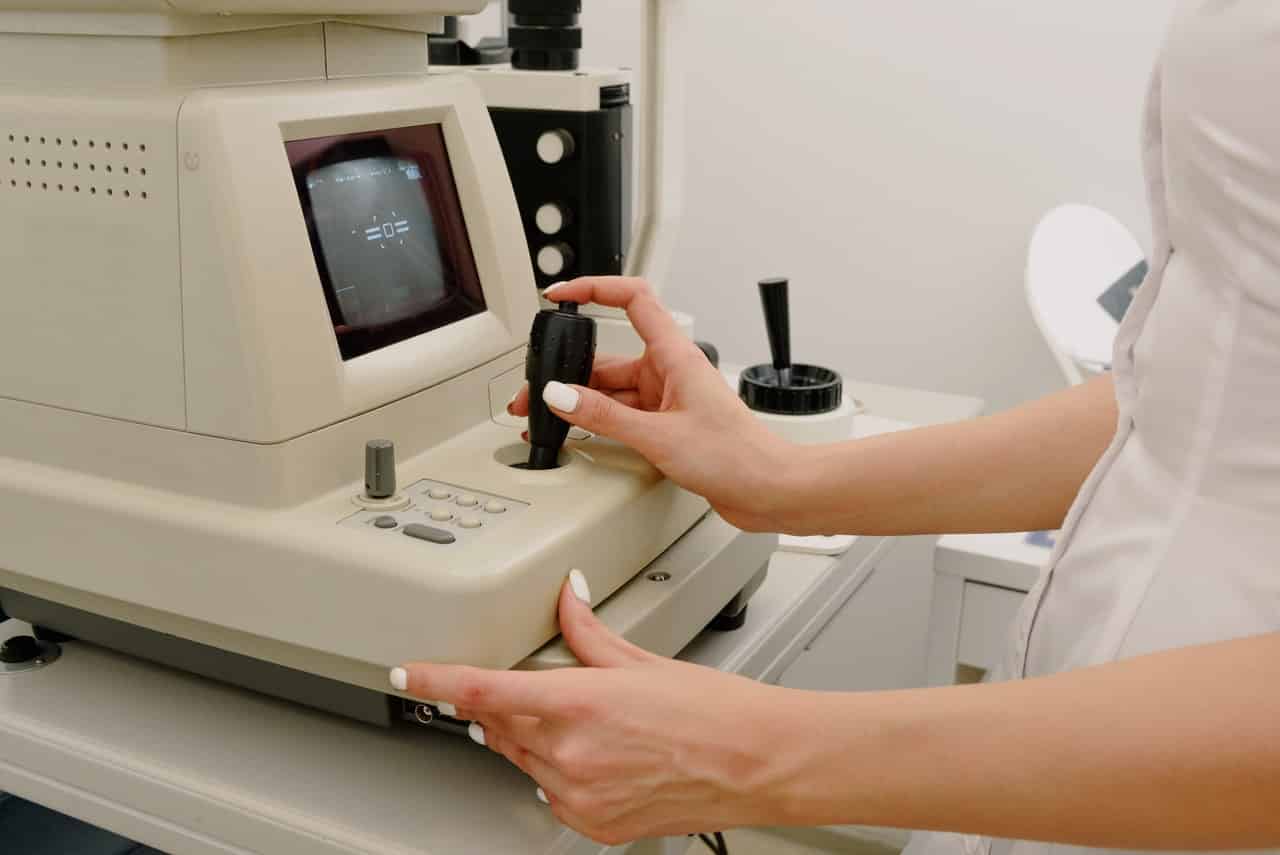
It’s not unusual for the medical supply chain to encounter issues, considering its high demand. Although, recently, demand skyrocketed to an all-time high when diseases and health conditions all over the world tripled, leaving the healthcare system behind as it tries to catch up. Because of non-stop demand and speed, shipping opened a can of worms that only worsened high-quality medical supply transactions.
As the healthcare industry continues to work overtime to administer patients with medical care and assistance, the demand for supplies also continues to rise. And even though suppliers can maintain a stable production line, demands for ‘patient on table’ situations could leave them scrambling for overnight shipment.
With one problem after another, it’s essential for medical supply companies to learn how to curb these issues and provide the high-quality equipment the healthcare system demands. Here are some approaches and strategies medical supply companies are now implementing to boost the efficiency of the supply chain.
- Integrate Automation
The medical field today wouldn’t have been where it is now if it wasn’t for the countless advancements that continue to polish technology. After all, diagnosing a patient with a tumor is impossible without having them undergo an MRI scan. Therefore, it only makes sense for medical suppliers to possess the most advanced warehouse technology to distribute their products cleanly and efficiently.
One advancement medical suppliers utilize is tools such as Kit Check, which plays a significant role in tracking medical products from their manufacturer, the healthcare establishment, before getting distributed to the patient. Such tools can help medical supply companies ensure high-quality products are given to the patient and for the medical facilities to remain up-to-date with their inventory.
Having this kind of technology at their disposal proves just how advanced medical suppliers are in patient safety. But how impressive that is can easily be undermined by shipping errors. Because while healthcare experts are already stretched thin to help their patients, the workers handling production and other warehouse functions also have to bend over backward to keep up with the orders.
However, with automation, employee errors could be minimized with software overlooking everything. After all, automated systems can perform multiple tasks, from logging inventory to streamlining orders. Therefore, mistakes can be reduced with automation helping managers run the scene.
- Improve Communication
There’s never an ‘I’ when running a supply company. Even with automation continuing to run behind the scenes, one person alone can’t manage a company, much less a supply chain. And considering how every second is precious in the healthcare system, all hands must be on deck for every task to be done without delay.
Although many pairs of hands are involved in running a company, that doesn’t guarantee success. After all, business owners prefer automation over too many employees due to human error. Unsurprisingly, one of the root causes of error is lack of communication. And while miscommunication seems like a simple problem, that alone lost companies thousands of dollars each year. While encouraging workers to communicate and collaborate better is a recommended solution, it’s also unrealistic.
A solution to this could be for medical facilities to limit their suppliers to one or two companies, for instance. For supply chains to function smoothly, having too many companies in the chain would only leave it tangled up. Hence, limiting them to a few suppliers can allow proper communication between the parties. And with understanding now obtained, one company can execute their task before meeting the other with a task they finished. As a result, conflicts that can interfere with the shipment can be minimized.
- Consider Recall Management
Naturally, it’s nearly impossible for defects to be removed from the production line, even with an automated system. When that happens, medical establishments are likely to call for a recall. But the Food and Drug Administration (FDA) can also force a recall when abnormalities are found in the medical facilities’ equipment that can put the patient’s safety at risk.
Although this guarantees safety and security for patients, the same can’t be said for health workers themselves since medical equipment recalls can leave them exhausted when settling with making their own safety equipment for work. Therefore, to not keep the medical staff waiting for too long, medical suppliers need to arrange an efficient recall system, even reverse management for defective equipment to be collected and re-evaluated before getting sent back for further handling.
Since medical suppliers already have their hands full with production and shipment, a specialized third party should be involved in handling recalls. This way, a separate department can smoothly handle the reverse supply chain. All while maintaining consistent communication to assist medical suppliers, especially when handling sensitive materials.
- Provide Updated Shipping Charts And Calculators
Although medical suppliers perform a noble cause in producing top-notch equipment and devices for society’s heroic healthcare professionals, they’re still not free from the economy’s fluctuating costs. Because of this, it can be expected shipping costs to go up. And in some cases, the costs might shock medical facilities. And as a result, delays may occur since they need to organize their budget to add more digits to the expected payment.
Since every second counts in the healthcare system, medical suppliers must ensure to create shipping information that their customers can see. This way, the customer-supplier relationship can be strengthened even more by providing convenience. And it helps that satisfaction is met when nothing will interrupt the transaction between supplier and customer.
Takeaway
The demand for high-quality medical equipment carries on as the healthcare industry continues to provide patients with the optimal care they deserve. Because of the speed at which this happens, medical suppliers are left scrambling to regain their bearings. But by embracing technological advancements and implementing new practices, transactions between medical supply companies to healthcare workers will smoothen out eventually.





